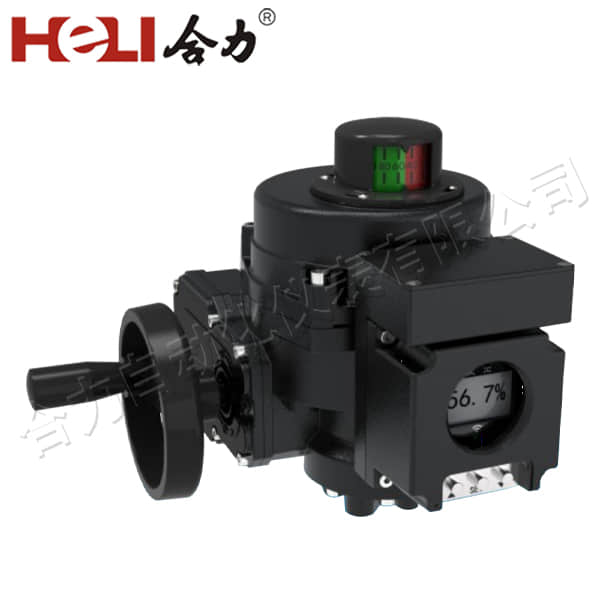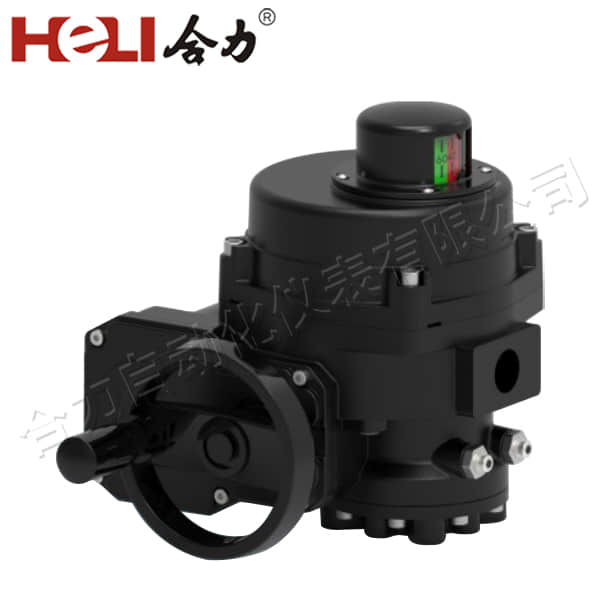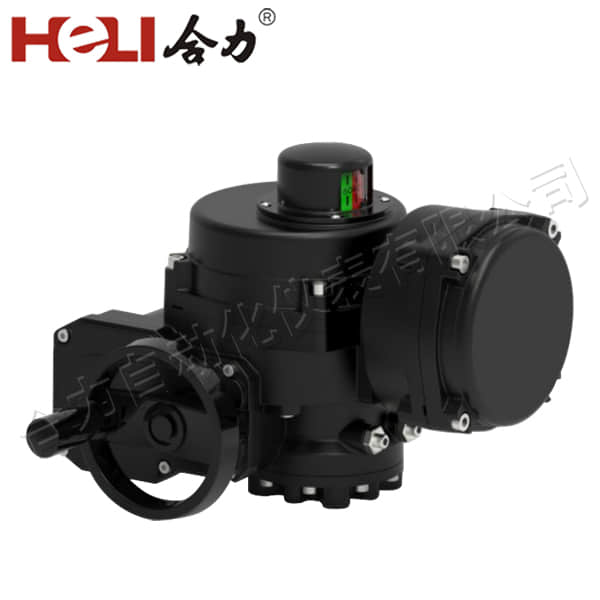The electric actuator, a device that converts electrical energy into mechanical motion, has become a crucial component in numerous industrial applications. Its ability to precisely control and regulate various industrial processes has made it a staple in many modern industries.

The core functionality of the electric actuator lies in its electromechanical design. Typically, it consists of an electric motor, a transmission mechanism, and a control system. The electric motor converts electrical energy into rotational motion, which is then transmitted through the transmission mechanism to produce the desired mechanical movement. The control system, on the other hand, regulates the motor’s operation, ensuring accurate and reliable performance.

The versatility of the electric actuator is evident in its wide range of applications. In the petrochemical industry, for instance, electric actuators are used to control valves and pumps, regulating the flow of fluids and gases. In the power sector, they play a crucial role in managing turbines and generators, ensuring the efficient production of electricity. Even in the automotive industry, electric actuators are employed in various subsystems, such as throttle control and braking systems, enhancing the safety and performance of vehicles. Moreover, the electric actuator’s precision and reliability are paramount in ensuring the smooth operation of industrial processes. Its ability to respond quickly and accurately to control signals allows for precise adjustments in flow rates, temperatures, and pressures, thus optimizing the efficiency of industrial equipment. This precision is especially crucial in applications where slight deviations can lead to significant losses or safety hazards.
